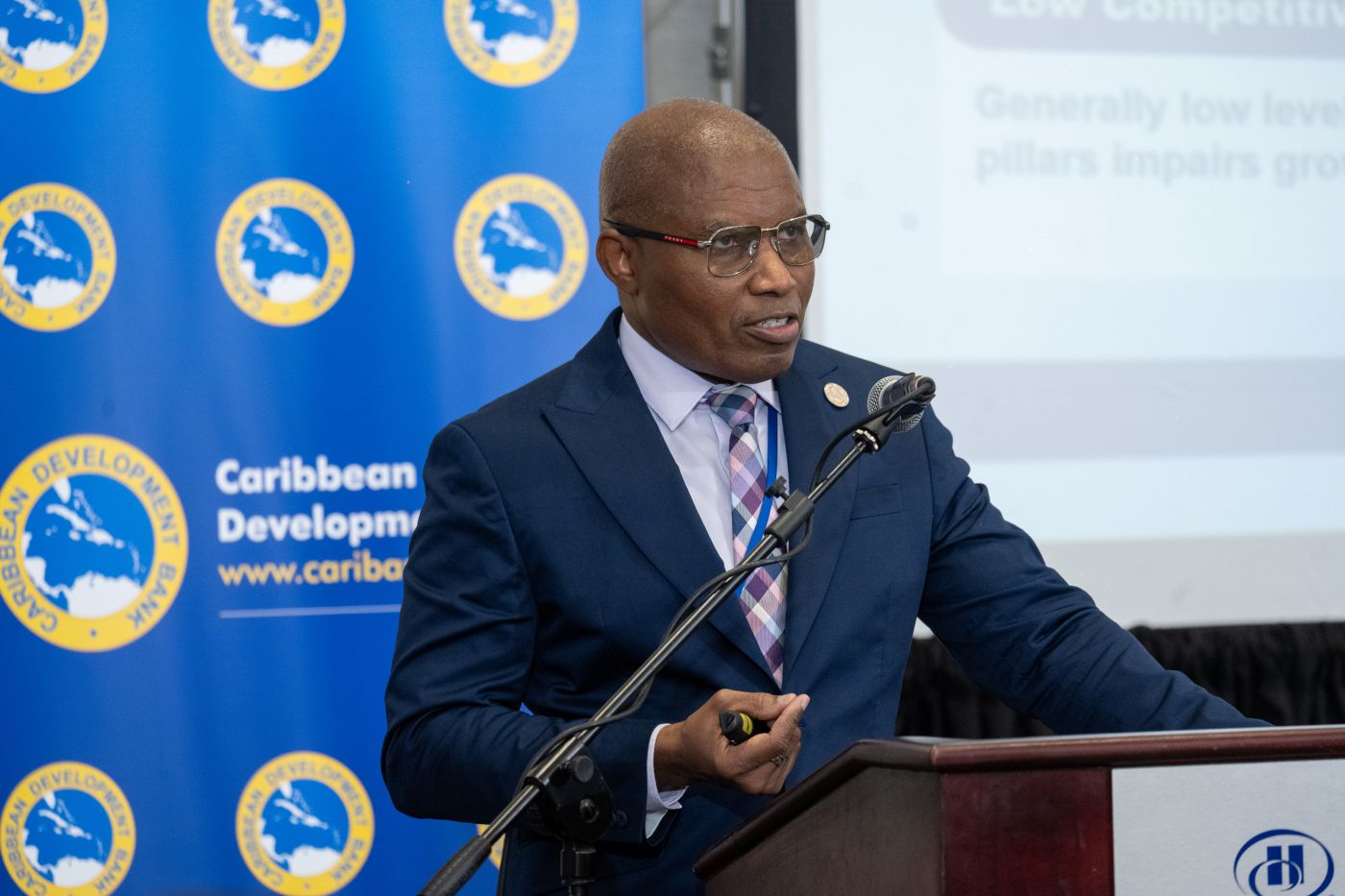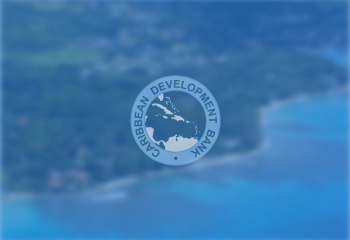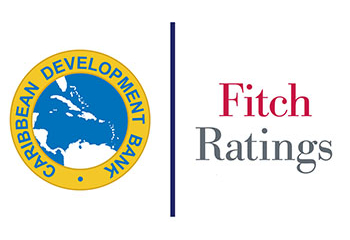CDB Vice President Calls for Action to Strengthen Caribbean Resilience and Economic Stability

The Caribbean Development Bank (CDB, the Bank) is urging regional governments and development partners to take decisive action to address persistently low growth and high debt across the Caribbean. Speaking at the 2nd Caribbean Debt Forum, Ian Durant, Vice-President Finance & Corporate Services (Ag.) of CDB, outlined a comprehensive set of recommendations to support inclusive sustainable development through improvements in competitiveness, while maintaining macroeconomic stability and building fiscal buffers by addressing debt overhang.
Drawing on recent macroeconomic data and regional assessments, Mr. Durant highlighted the Caribbean’s persistently low growth trajectory, shaped by deep-rooted structural challenges. These include limited declining productivity and heightened vulnerability to climate shocks. He also underscored the pressing issue of elevated debt levels across many of the Bank’s Borrowing Member Countries (BMCs), which continue to constrain fiscal space and threaten long-term economic stability and the capacity to engage in development spending.
“The Caribbean’s growth trajectory has been constrained by high export concentration, rooted in structural challenges, which has led to low and volatile growth,” said Mr. Durant. “To unlock our full potential, we must invest in building competitive, diversified economies that can withstand external shocks and deliver inclusive growth.”
The Vice-President emphasised that while regional debt ratios have improved since the pandemic, eight BMCs remain above the 60% debt-to-GDP benchmark. He warned that rising global interest rates and slower nominal GDP growth could reverse recent gains, making debt sustainability a critical development priority.
“Debt sustainability is not just a fiscal issue - it is a development imperative,”Mr. Durant stated. “CDB is committed to supporting our member countries through innovative financing solutions, technical assistance, and policy dialogue to help them build resilience and achieve long-term prosperity.”
Mr. Durant also called attention to the Caribbean Single Market and Economy (CSME) as a platform for trade and growth. However, outdated port infrastructure, limited shipping connectivity, and high logistics costs continue to constrain the full potential of regional integration to deliver development to the people of the region. CDB’s logistics study revealed inefficiencies such as paper-based systems, outdated fee structures and industrial relations practices, limited operating hours.
To address these challenges, the Vice-President advocated for the enhancement of entrepreneurial ecosystems in a comprehensive fashion, including increased investment in climate-resilient infrastructure, reform and modernisation of the regulatory and institutional frameworks with which the private sector interacts, and expanded access to concessional financing. He also called for coordinated regional action and strategic partnerships to support expansions in logistics infrastructure, innovation, digital transformation, and inclusive growth.
CDB remains a steadfast partner to advance the region’s development agenda, and support its BMCs in navigating complex global challenges.

